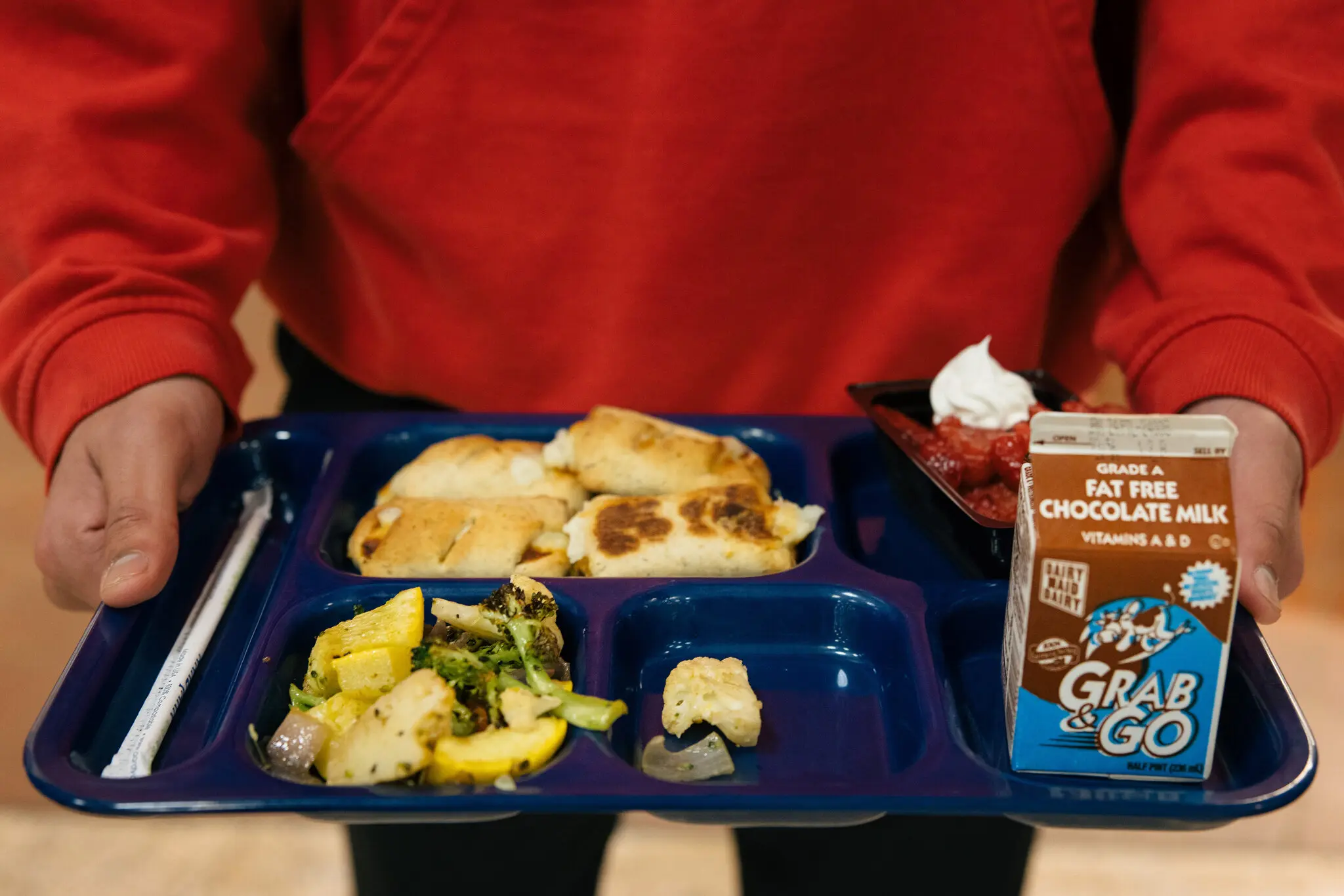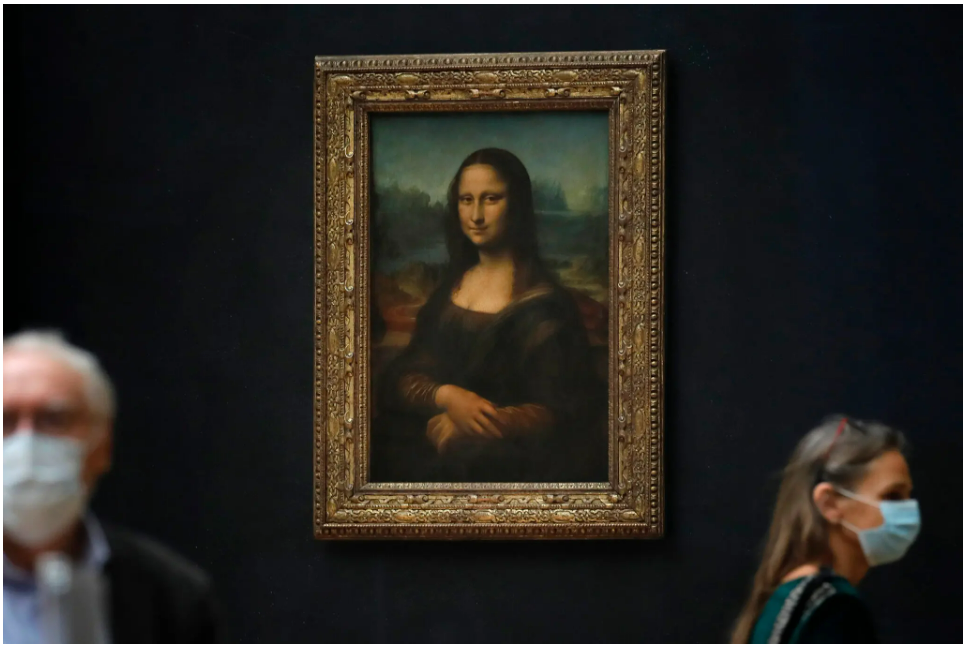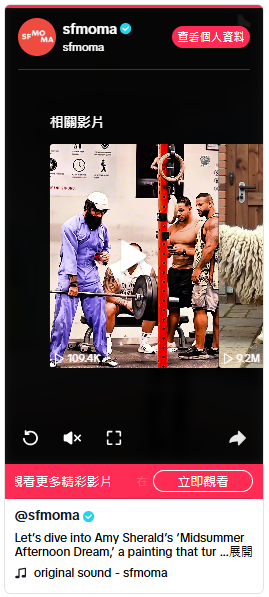Thy Luong, 16, Notre Dame High School, San Jose, Calif.
A Chinese-American woman trying to file her taxes is launched into a multiversal epic involving hot dog-fingered lesbians, a homicidal raccoon chef and philosophically devastating bagels. I hardly predicted that the organized chaos of “Everything Everywhere All at Once” would shake my soul to pieces, but as the film defies classification, it defied my every expectation. Directed by the screenwriter duo the “Daniels,” the film centers on struggling mother Evelyn Wang (Michelle Yeoh) as she tries to save the world from her daughter-slash-antagonist, Jobu Tupaki, or Joy (Stephanie Hsu). But “Everything Everywhere All at Once” isn’t just an evocative family drama. Transcending metaphysical boundaries, it channels its remarkable complexity into a radically simple appreciation for all-encompassing love.
As Evelyn bickers with her husband Waymond (Ke Quan) and Joy in the film’s opening sequence, I was astounded by the familiarity I felt in their cluttered, warmly-lit dining room and their rapid switches from Mandarin to English. The film’s appeal is grounded in the reach of its message: While I empathized with Joy’s struggles with her queerness and culture, my mother chuckled at Evelyn’s judgmental character, a nod to generational trauma. Meanwhile, the symbolism is as multitudinous as the universes Evelyn traverses. Googly eyes represent enlightenment. Bagels equal nihilism. The ordinary becomes extraordinary, shifting simplicity to the profound.
If that sounds too deep for a Friday movie night, you’re in luck — the film is also a visual and auditory feast. Aided by Yeoh’s captivating martial arts skills, colorful and glittery action sequences (featuring weapons like lethal fanny packs and tiny dogs) push the story in wild new directions. Whether through explosive bursts of the Chinese gong or the lilting falsetto of a violin, Son Lux’s maximalist score gives the movie extra oomph. This film’s brilliance, though, lies in its subversion. In a scene where the characters are rocks and communicate in utter silence through subtitles, Joy tells Evelyn to abandon worldly concerns and “just be a rock.”
Aptly, Evelyn and Joy’s messy final battle subverts expectations and happens on two fronts: first, during a heated argument outside the laundromat and second, in a planet-shattering dogfight of massive proportions. Although initially tempted toward violence, Evelyn approaches both battles with empathy, embracing her daughter even as the latter resists. Waymond says, “Be kind, especially when we don’t know what’s going on.” Love, ultimately, is Evelyn’s greatest weapon. By combining stunning artistic expression with a rich emotional core, the film urges acceptance — of family, life’s bagels and our enoughness.
“Everything Everywhere All at Once,” in all its intimacy and absurdity, cannot be contained within a few paragraphs. Yet it most powerfully reminds us to exist — divinely imperfect as we are — and to choose empathy. No matter the universe, we can choose to love unabashedly.





